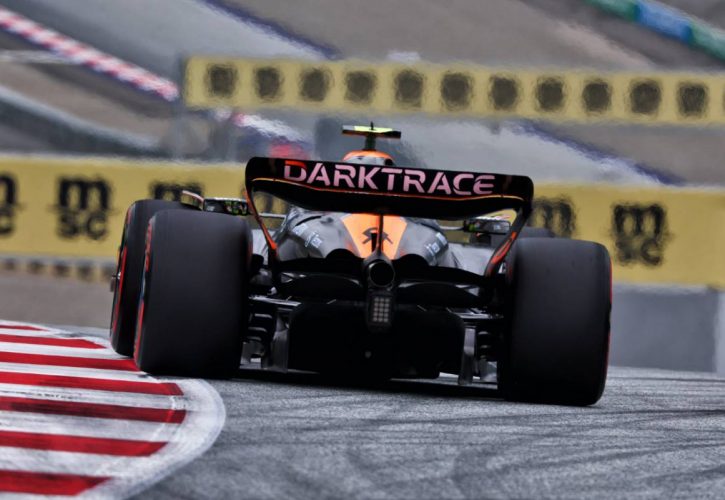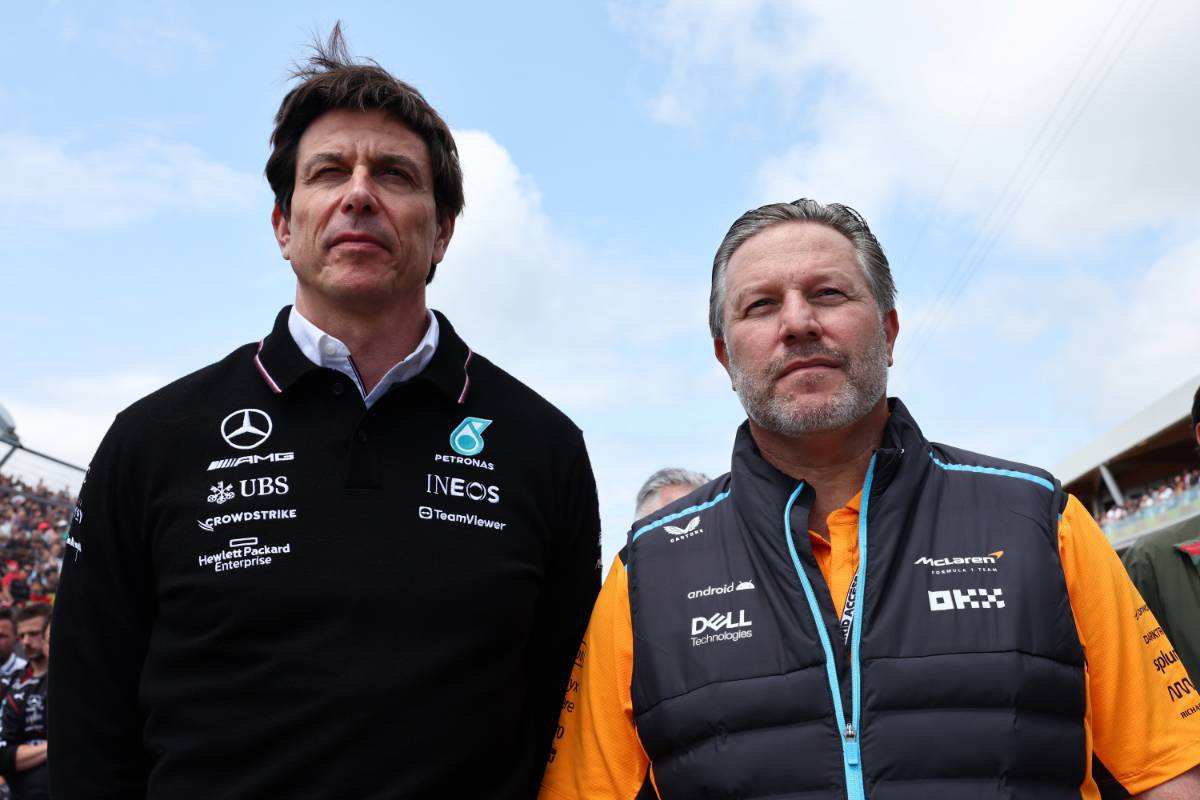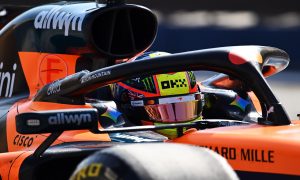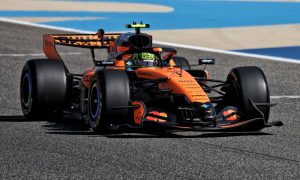
McLaren has extended its engine supply deal with Mercedes until 2030, or five seasons into F1’s future power unit cycle that will commence in 2026.
McLaren started its most recent association with Mercedes in 2021, having previously enjoyed a period of great success with the German manufactory in the late 90s. Mercedes also powered Lewis Hamilton to the Briton’s maiden title in F1 in 2008.
Earlier this year, McLaren hinted that it could switch its engine supply deal to another engine manufacturer. McLaren Racing CEO Zak Brown even visited Red Bull Power trains to sound out the latter on a potential association.
Ultimately however, team papaya has opted to remain loyal to its historical partner in F1.
“Mercedes-Benz have been a brilliant and reliable partner of the McLaren Formula 1 team," commented Brown.
"The extension signifies the confidence that our shareholders and the wider team have in their powertrains and the direction we're taking with them into the new era of regulations ahead.
"We have been successful together, both in the last three seasons and when they previously powered the team, so we look forward to the success to come as we continue our journey to fight consistently at the front of the grid."
McLaren is Mercedes’ most recent customer team to have won in F1, an achievement that dates back to Daniel Ricciardo’s win at the Italian GP in 2021.
"It has been a cornerstone of our motorsport strategy to work with strong customer teams," added Mercedes F1 team boss Toto Wolff.
“This has many advantages: it gives a clear competitive benchmark, accelerates our technical learning, and strengthens the overall F1 business case for Mercedes-Benz.

“McLaren have been fierce and fair competitors since 2021, especially in the second half of this season.
“McLaren's strong performances underline the importance of transparent and equal supply to all customer teams in the sport, if we wish to achieve the goal of ten teams capable of fighting for podium finishes.”
F1’s future power units will enjoy 50% internal combustion and 50% electrical power. This has been achieved by increasing electrical performance and rebalancing the performance of the internal combustion engine, to deliver a maximum output of over 1000 horsepower.
The new power units will run on 100% sustainable fuel - which will conform to strict sustainability criteria in both its production and formulation - and overall fuel consumption will be reduced.
Keep up to date with all the F1 news via Facebook and Twitter






